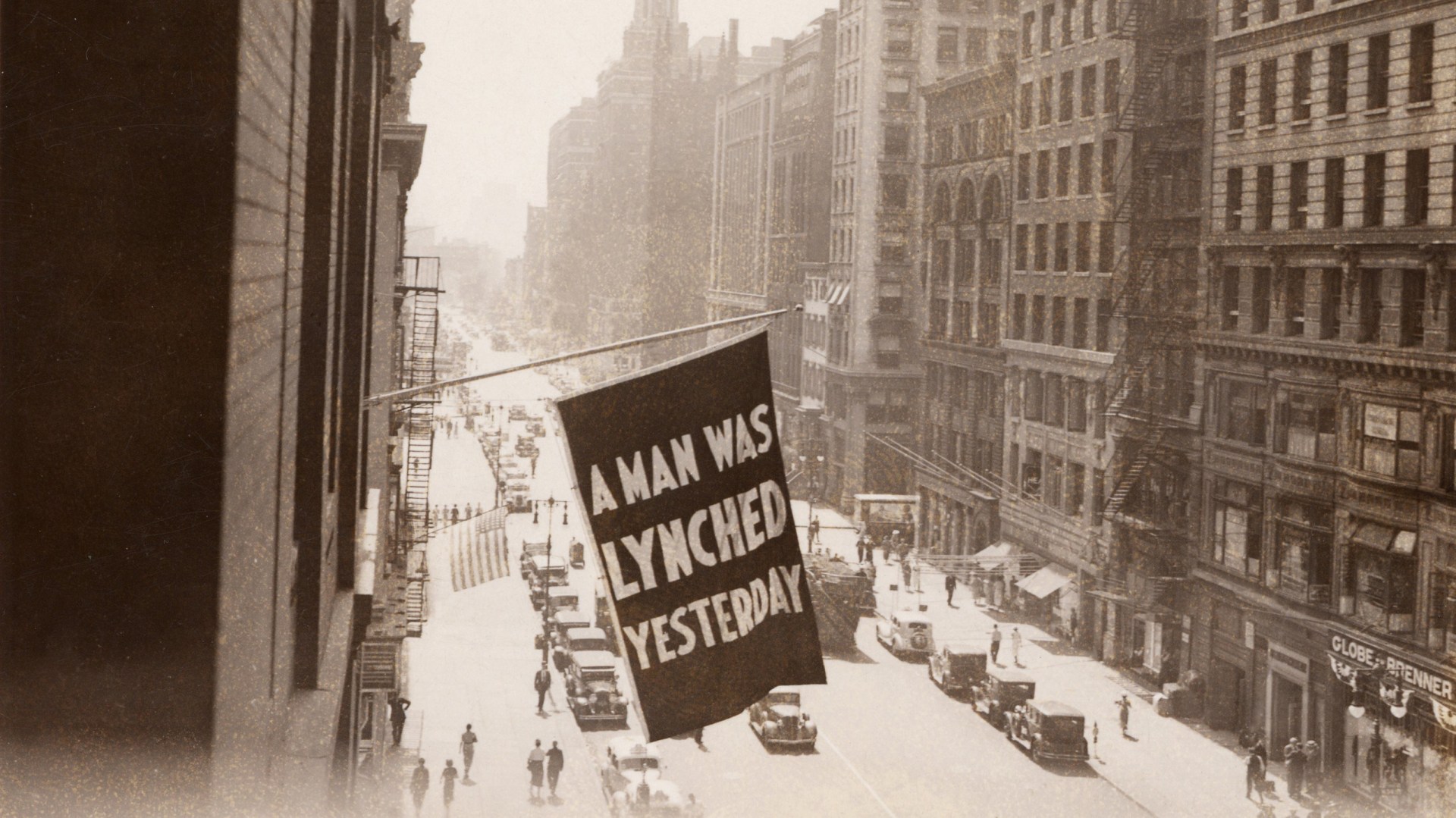I lived in Baltimore in the summer of 2015. I arrived just a few weeks after the riots triggered there by the death of Freddie Gray, the 25-year-old black man who had been fatally injured while in police custody and whose loss roiled folks on all sides of racial justice debates.
By pure coincidence, one unseasonably cool morning I met Gray’s mother, Gloria Darden, who lived down the block. I was rushing to catch a train when we bumped into each other. She chided me for not wearing a jacket. We chatted just one other time that summer, briefly, about her son’s death and her feelings about the police.
Everywhere in our broken world, quotidian moments of injustice and goodness arise side by side: a mother mourning her son, a mother protecting someone else’s son from the dangers of cold air. History, if nothing else, is a battlefield on which we fight to decide which moments will endure and which will decay into obscurity.
It’s tempting to enshrine only the glorious moments, our Ebenezers reminding us of God’s favor. But we do so at our own peril. We also need the inglorious.
In Ephesians 2, Paul is unequivocal in his command to remember who we were before Christ saved us: desperate creatures capable of unimaginable cruelties, captive to our sins. But this is not an exercise in shame. We remember our darkness, Paul writes, so that we can rejoice in God, “who is rich in mercy” and who “made us alive with Christ even when we were dead in transgressions.” Those who keep the darkness close, who can still remember its tight grasp, will revel all the more in the light.
Our cover story on lynching in America—and civil rights lawyer Bryan Stevenson’s efforts to memorialize it—echoes that Pauline mandate to remember our sinful pasts. As writer D. L. Mayfield worked on the piece, I confess being taken aback by the scope and brazen force of postbellum racial violence, much of which was perpetuated at the hands of Christians.
If it seems impossible to square this with the gospel, there is hope. The noose is a poignant and provocative symbol of racial terrorism, and we placed it on our cover with no small amount of trepidation. But so is the cross, itself a category of lynching tree. Christians of all people know the power of repentance to heal the deepest wounds and reconcile enemies as Christ reconciled with us.
Let us never forget.
Andy Olsen is managing editor of Christianity Today magazine. Follow him on Twitter @AndyROlsen.










